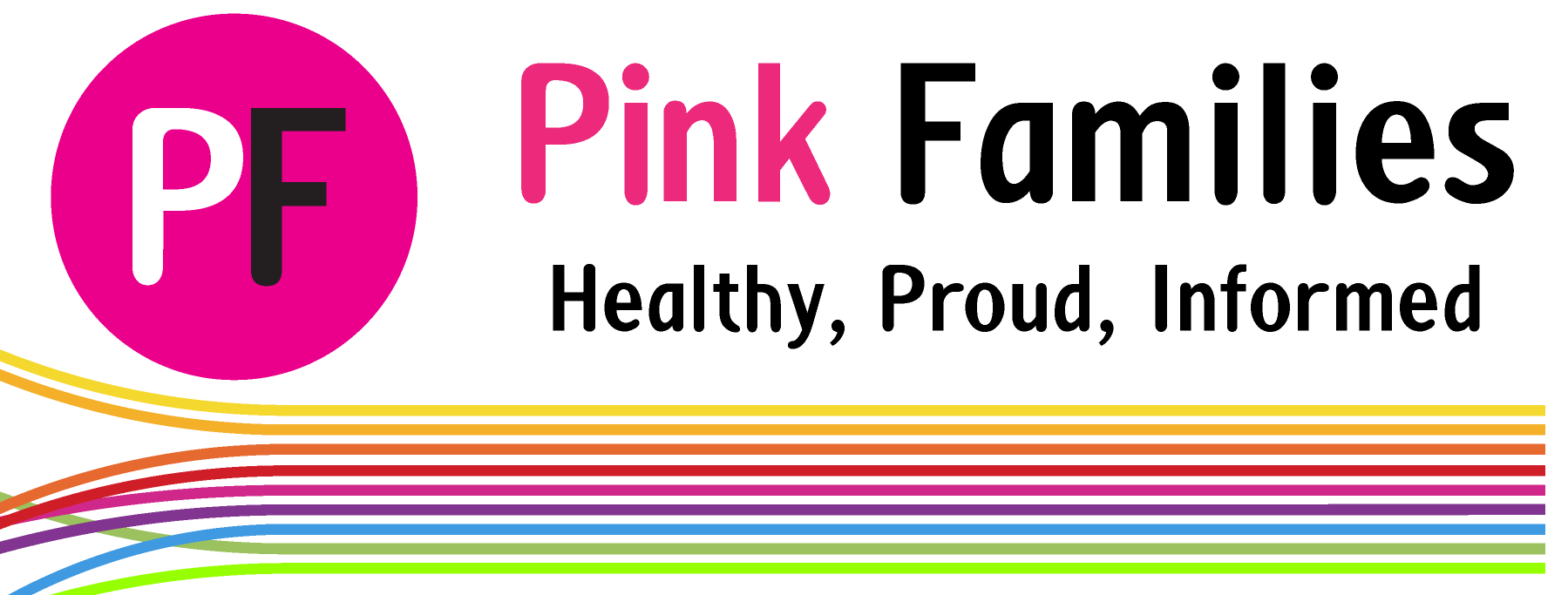What is evidence-based practice
Evidence-based practice is practice based upon evidence from systematic research and the best clinical expertize. Evidence-based practice is also known as EBP.
Most experts agree that EBP should include working out what the patient prefers. Knowing what the patient prefers can be used to help work out the best options for that individual patient.
EBP therefore involves a process of working with individual patients, and their families (if this is what the patient prefers), in order to decide upon the best way to proceed. Working with patients in this way is referred to as patient-centered care.
Patient-centered care
Patient-centered care is a concept understood by health care professionals around the world. It ensures that the care you receive involves the consideration of your preferences and your individual circumstance.
On a day-to-day level, this means that health workers should try to understand who you are as a person and what you prefer when it comes to your treatment. Good, competent and professional clinicians will then take your preferences into account when discussing your treatment options with you.
This means that sharing information about your gender orientation, your sexual orientation and whether or not you are intersex may help with your treatment. For example, openly sharing information about your relationship with your same-sex partner might help work out the best treatment plan for you. Sharing information about your gender orientation may help health care professionals understand more about any fears or anxieties you may have in relation to receiving medical care.
Although many of us may have had negative experiences when working with health care professionals, it is useful to remember that they should not judge who you are or who you love, but rather their main priority is to make sure you get the best possible care.
If they aren’t able to do this, then they may be violating their own code of professional conduct. In this scenario, you can take action against the professional.
Don’t ask don’t tell
Mostly it’s useful to be honest and open with those that provide treatment to you. However, if you know there are policies in place at the hospital or clinic that will openly discriminate against you based on your sex, your sexual orientation or your gender orientation then carefully consider what you share. In this scenario, it may be helpful to work out what information you are legally obligated to share.
Carefully working out how to proceed may help avoid the situation where you and or your family are discriminated against. Unfortunately, sharing information about your intersex status, your sexual orientation or your gender orientation will not always help you get the best for you and your family.
If you elect not to disclose this information, you can always go back to the hospital or clinic and address the policy with them after you receive the care you need. Doing this may help others in the future.
Systematic reviews
The systematic research that informs EBP is usually taken from systematic reviews.
Systematic reviews are overviews of a number of scientific studies. Systematic reviews pull together all of the existing evidence from these studies. Usually, only the best studies are included in the review.
There is a library full of systematic reviews of the highest standard. This library can be used by anyone. It is called the Cochrane Library. The Cochrane Library is an internationally recognized library. You can find reviews about all sorts of things in this library.
For example, the library contains reviews about fertility treatment, pregnancy, cancer treatment, care for families, care during chronic illness and even how best to involve patients in the development of clinical guidelines, policies and medical research.
There are many reasons why health care professionals now turn to systematic reviews to help inform their practice. For clinicians it is sometimes difficult to know how best to assess the quality of the research that has been published. Also, it can be challenging when you are working clinically to keep up-to-date with all of the new research.
What happens if there is no evidence?
Sometimes evidence about treatments for certain groups of people is not available.
When evidence is lacking clinical judgment becomes more important. In these circumstances the clinician may draw upon their own clinical experience to help them decide what to do. This is referred to as anecdotal evidence. Anecdotal evidence is sometimes helpful, but it is not a very strong form of evidence.
If the clinician has never come across the situation before they may need to speak to someone more senior to them for advice. They may need to draw upon their knowledge from comparable situations. They will use their clinical experience to inform their judgements.
When this happens the health care professional should still continue to work with you in order to work out what your preferences are and to tailor care to your needs and circumstance. They should avoid drawing upon any relevant evidence in a way that automatically assumes that LGBTI individuals and families have the same physical, emotional, practical, social and psychological needs as straight individuals and families.
Same but different
If health care professionals assume that the needs of LGBTI individuals and families couples are the same as straight individuals and families then they are at risk of working in a hetero-normative manner. Taking a hetero-centric or hetero-normative approach may result in discriminatory practices. This may happen because the unique capabilities and needs of LGBTI individuals and families have not been adequately assessed or considered.
Admittedly, LGBTI individuals and couples may have many similar needs to straight individuals and families. But at the same time we are also different and so it is plausible to suggest that our needs may be the same but different.
References
Greenhalgh T. How to Read a Paper: Assessing the Methodological Quality of Published Papers. BMJ 1997;315(7103):305-8.
Russell I. Russell D. Evidence-based Fertility Treatment: What Do We Mean? Human Fertility 2003;Supplement 6:S35-S41.
WHO. The World Health Report 2000: Health Systems: Improving Performance. Geneva: WHO, 2000.
In this video below a number of medical students and doctors from University of Washington show their support for the LGBTQ community.


